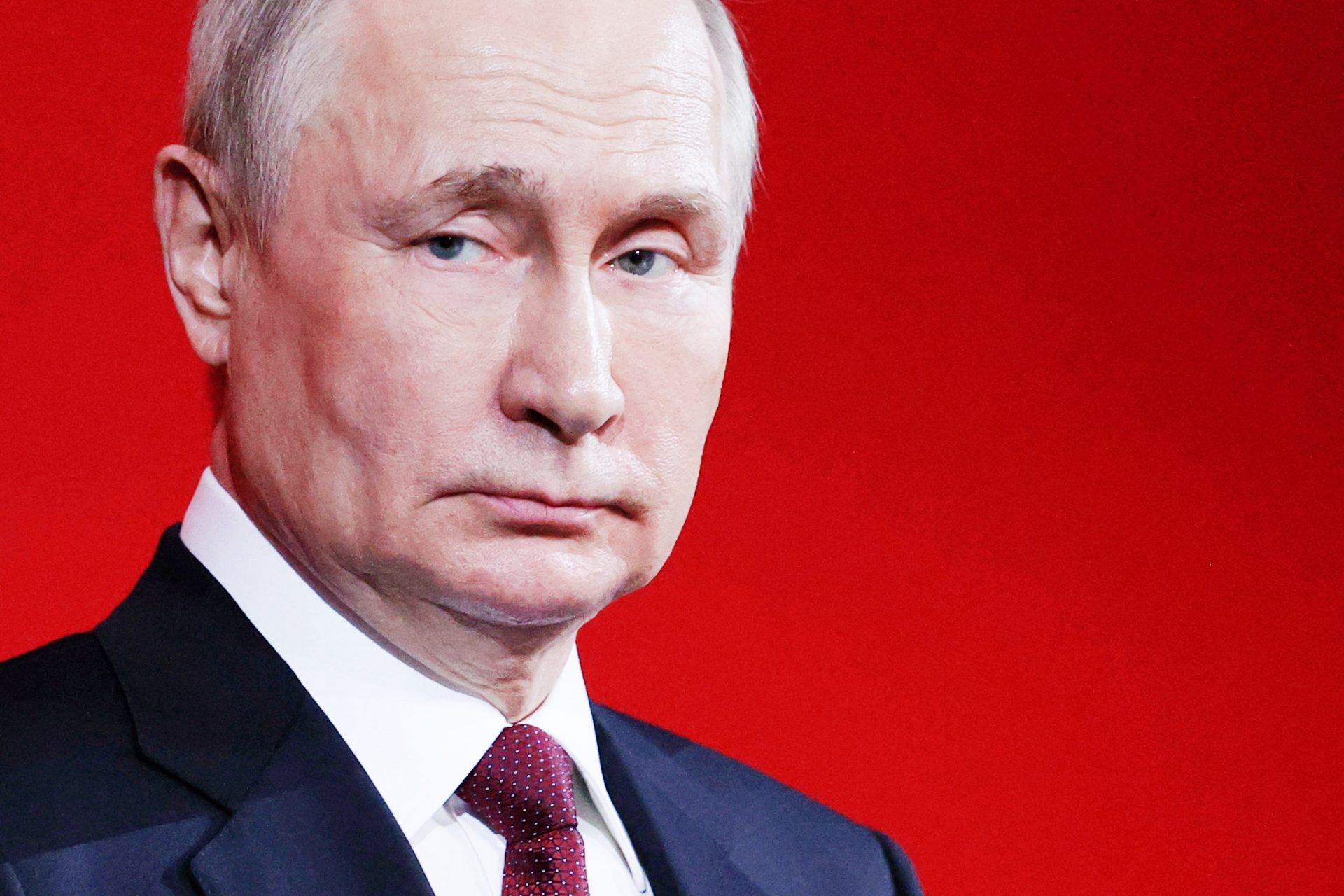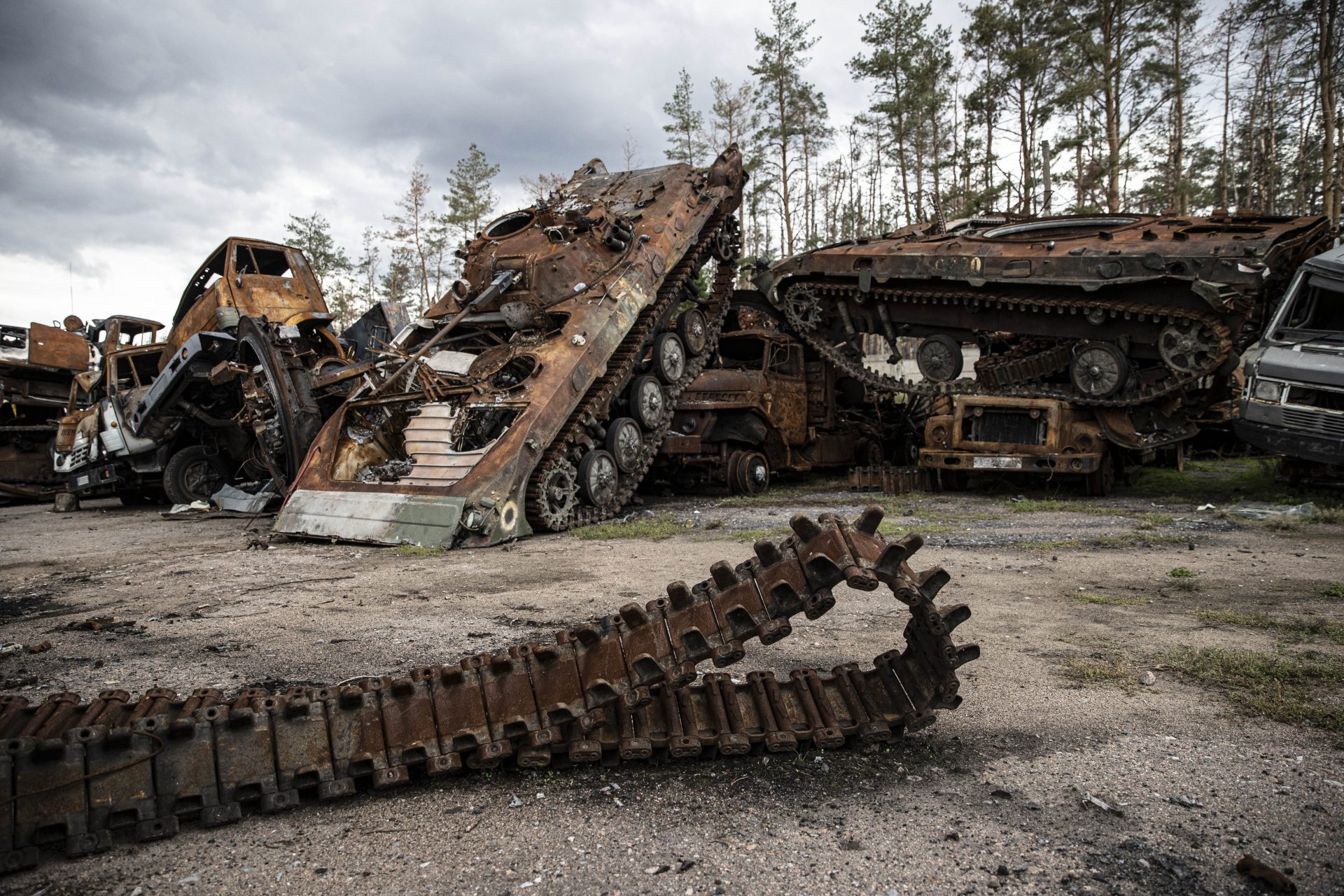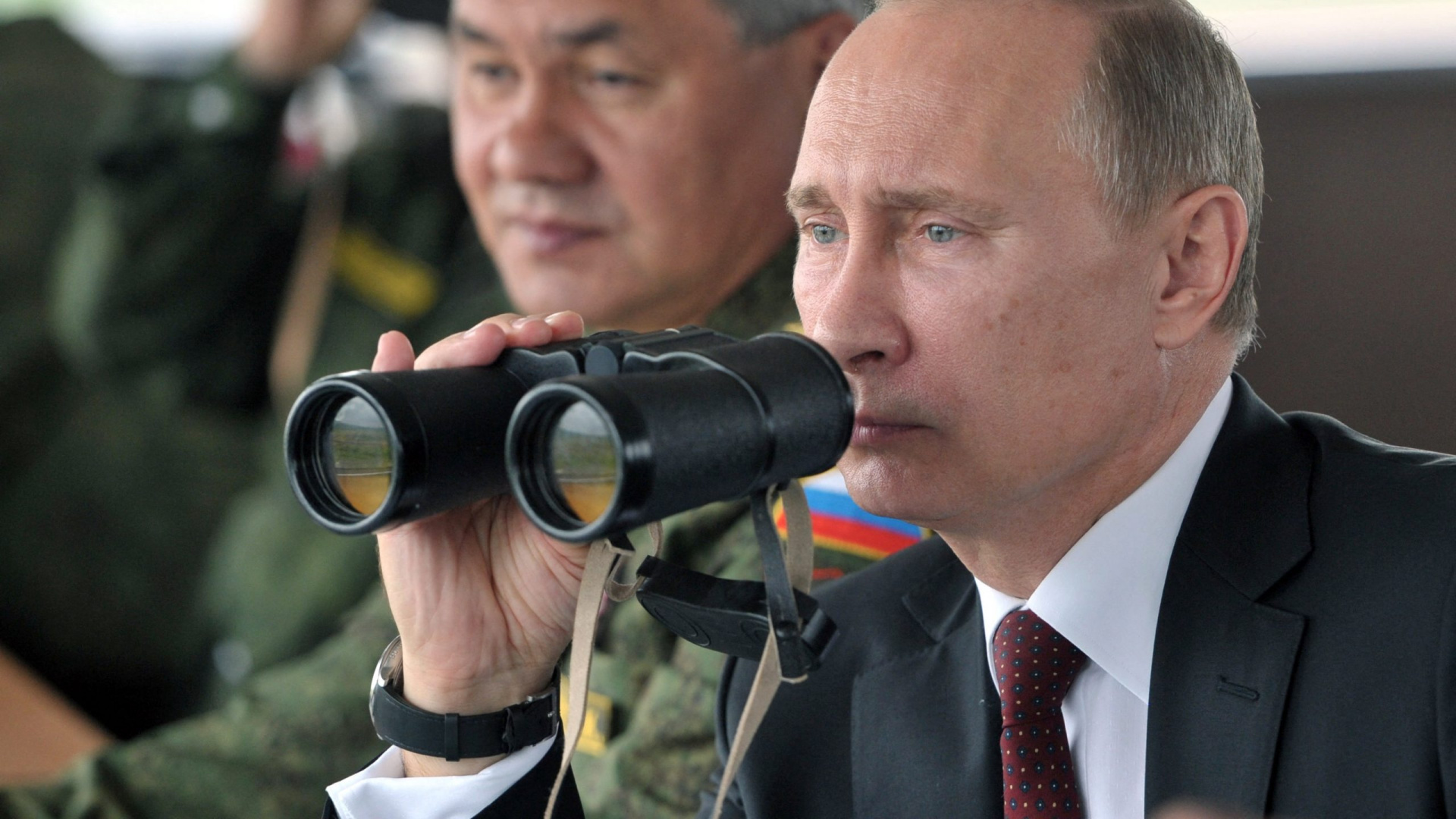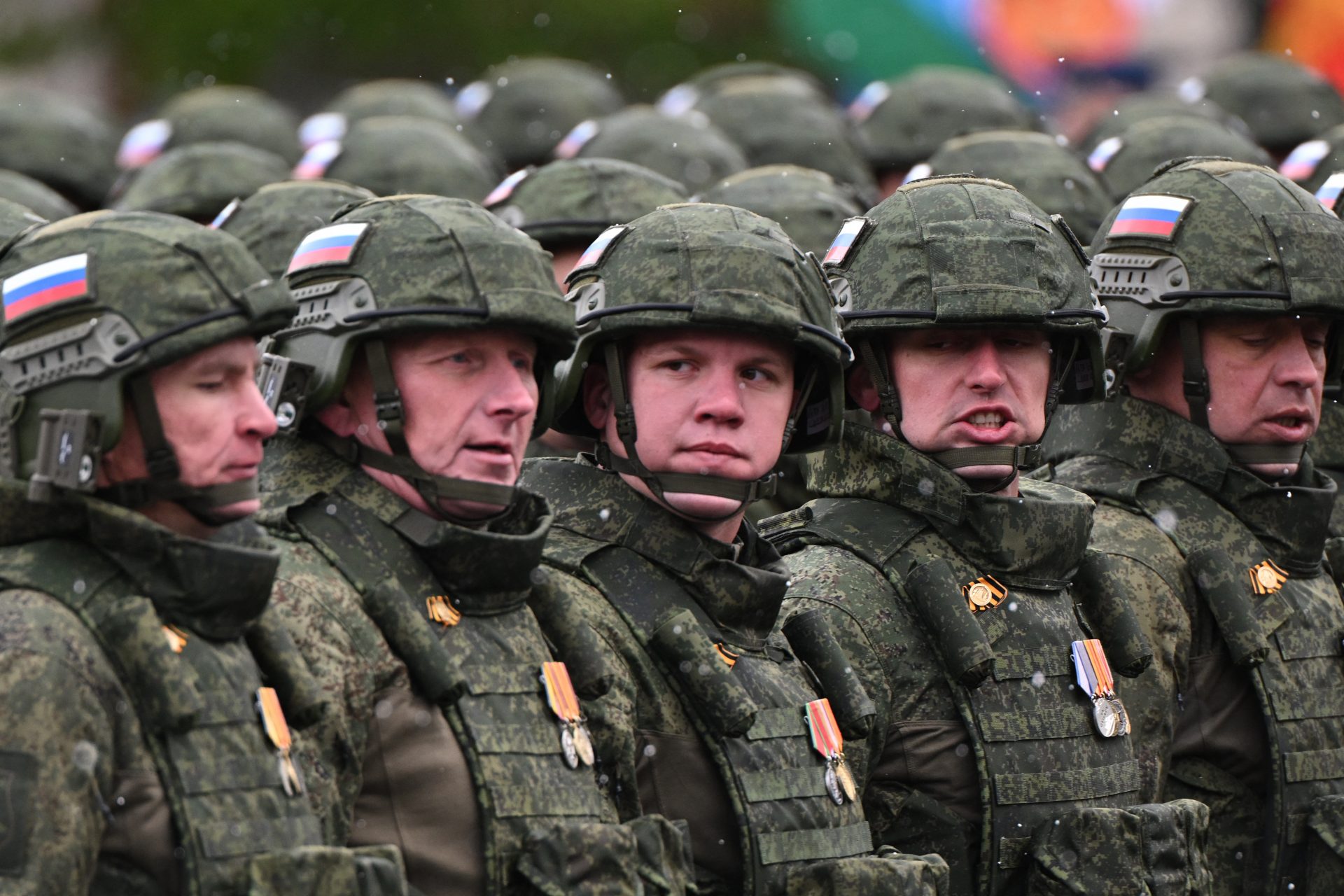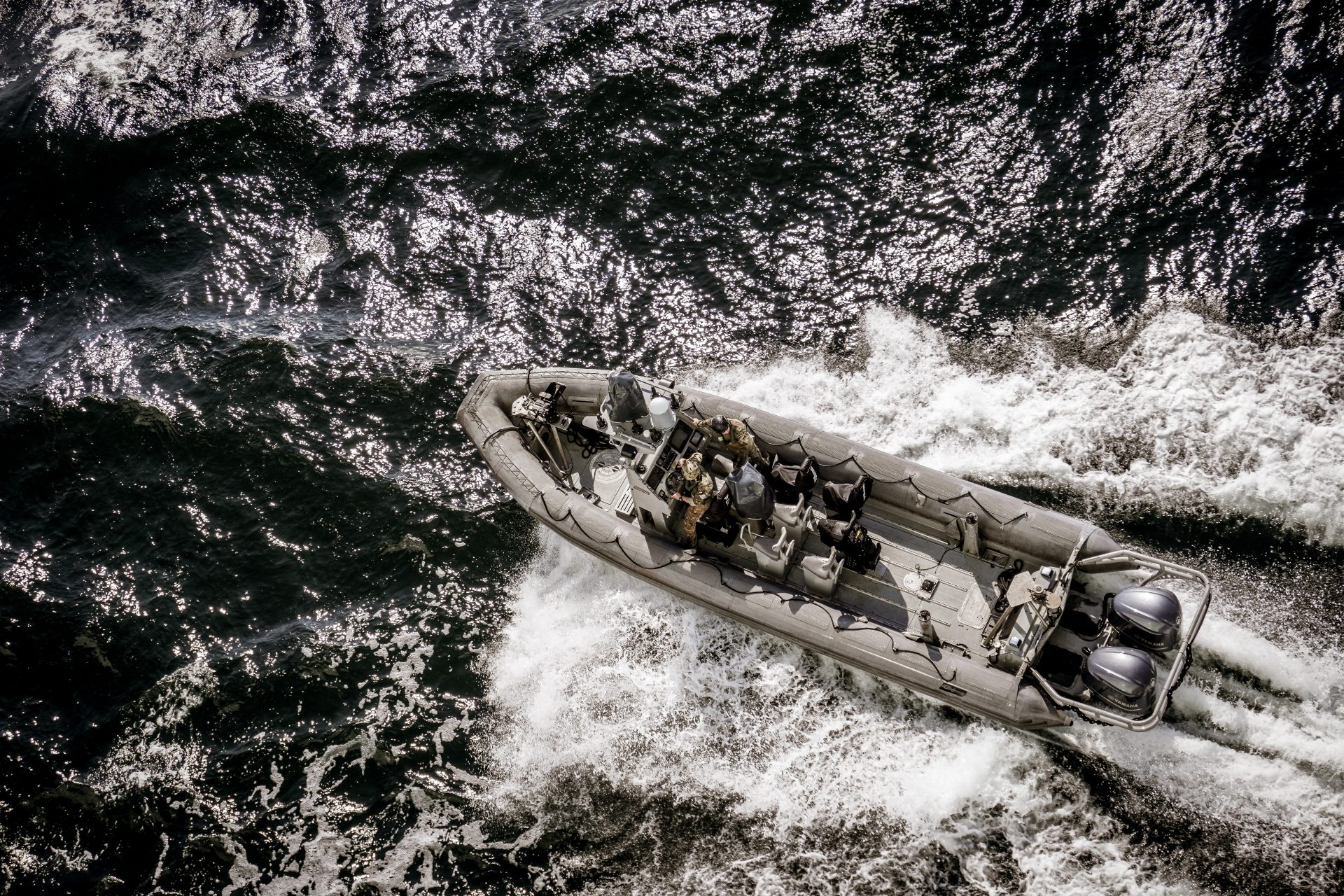Russia failed Putin’s goal to conquer Donbas by March, so what happens next?
On January 16th, a spokesperson from Ukraine’s Main Intelligence Directorate revealed that Russian President Vladimir Putin ordered General Valey Gerasimov to capture the remaining unconquered territories in Ukraine’s Donbas region by the end of March.
“Still, we can talk about the priority direction for the [Russians]—this is the Donbas,” Andrei Yusov said according to a translation from The Daily Beast. Yusov went on to explain that Gerasimov’s deadlines were set and he was to conquer Dobas by March.
Photo by Twitter @Flash_news_ua
The report made sense at the time, Russia’s Armed Forces had just undergone another major shift in their overarching command structure with the replacement of General Sergeii Surovkin by General Gerasimov, a move that indicated a major shift in the war.
"This is a significant development in Russian President Vladimir Putin's approach to managing the war," the United Kingdom’s Ministry of Defence wrote in a January 11th Twitter update on the war's major events.
Britain’s Ministry of Defence considered the reappointment of General Gerasmiov, the Chief of Russia’s General Staff and former commander during the early days of the invasion, to be a good indication that Putin understood Russia wasn’t meeting its goals.
The offensive that unfolded over the course of the following months showed that Ukraine’s information suggesting General Gerasimov was ordered to capture Donbas by March may not have been as circumstantial as it seemed at the time.
Soledar fell first after an extensive attack against the city and it was followed by Krasna Hora, Berkhivka, and Yahidne—all small gains toward the larger goal of capturing Bakhmut and unlocking the path to the rest of Donetsk.
Unfortunately for Russia, Ukrainian resistance proved to be strong and little progress was made in capturing the rest of Donetsk, let alone Luhansk—the two of which comprise the area colloquially known as Ukraine’s Donbas.
On April 1st, Britain's Ministry of Defence noted in its daily war update that General Gerasimov’s winter offensive had ended in failure, writing: “Eighty days on, it is increasingly apparent that this project has failed.” So what happens now?
According to Britain’s Ministry of Defence, the first thing we should expect is another reshuffling of Russia’s command structure. General Gerasimov’s failure could mean he’s exhausted his political will in Moscow and that would mean major shakeups.
The Institute for the Study of War also added some commentary on the things we should expect from Russian forces in Ukraine. First, attacks around Bakhmut will continue based on an analysis of information from Russia’s military blogger information space.
“Milbloggers highlighted their disappointment that there have not been any decisive battles throughout the winter and observed that Russia will not be capable of continuing a large-scale offensive operation if it is unable to secure Bakhmut and Avdiivka in the coming weeks,” the independent organization wrote in their April 1st campaign update.
Some Russian commanders are also pushing for the adoption of a more defensive posture ahead of what many believe will be a major Ukrainian spring offensive that could see large swaths of occupied Ukrainian territory liberated.
Alexander Khodakovsky is the commander of a pro-Russian battalion in Ukraine and in a recent Telegram post said Russia needs to shift its tactics towards defense in order to accumulate the necessary resources needed for a future successful counterattack.
“In this regard, I am close to the position of Surovikin, who comes to the same conclusions. I have been saying this for a long time… accumulate resources and first wear down the enemy,” Khodakovsky wrote in a post translated by Google.
The Institute for the Study of War believes the call to move to the defensive isn’t an unreasonable idea since they previously reported that Russia only likely had enough combat power for one big offensive push in Donetsk and Luhansk Oblasts.
General Gerasimov’s failure to meet his goals during the winter offensive likely also means that Russian forces will face more reserve shortages, a situation the Institute for the Study of War believes has already been revealed based on Russia’s ongoing recruitment.
More for you
Top Stories





















